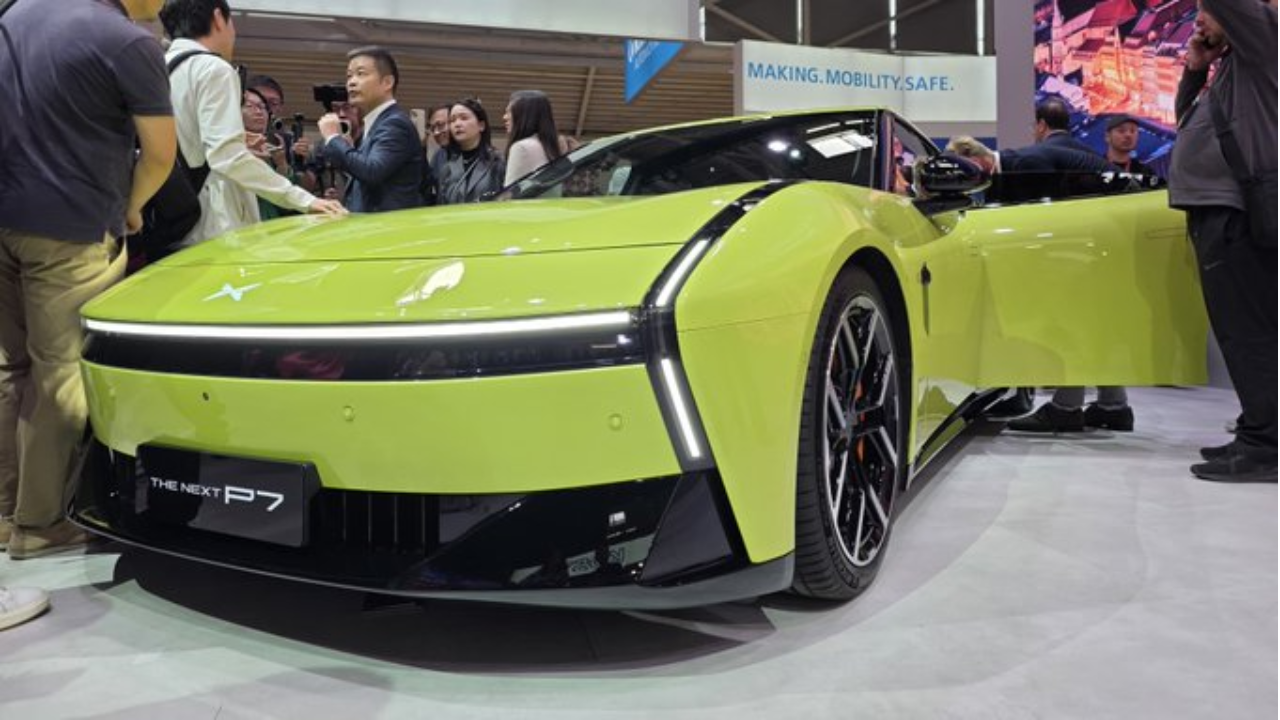
Post by : Meena Rani
Germany recently hosted one of the world’s biggest auto shows, and while Europe is home to some of the most famous car brands, it was the Chinese electric vehicle (EV) makers that stole much of the spotlight. At the IAA Mobility event in Munich, Chinese companies showcased their newest cars and advanced technology, making it clear they are ready to compete head-to-head with Europe’s long-established automakers.
The large exhibition halls were filled with sleek cars, futuristic technology, and plenty of buzz. What stood out was how aggressively Chinese EV companies are positioning themselves in the European market, despite challenges such as import tariffs and tough competition.
Europe is one of the most important battlegrounds for electric vehicles. It is a region where many traditional automakers are still catching up with the fast pace of EV innovation. Companies like BMW, Volkswagen, and Mercedes are rolling out electric cars, but Chinese players are moving faster with more affordable models and advanced battery technology.
Tesla, once the dominant EV leader, has also seen sales in Europe dip, giving Chinese companies a chance to grab market share.
Chinese EV makers are not holding back. Several companies announced big expansion goals during the auto show:
Xpeng Motors: The company’s CEO revealed that Xpeng will launch its Mona series in Europe next year. In China, these cars start at under $17,000, which could bring strong price competition to Europe.
GAC (Guangzhou Automobile Group): GAC is aiming to sell around 3,000 cars in Europe this year and increase to 50,000 units by 2027. They announced the launch of two models — the Aion V and Aion UT — for the European market.
Leapmotor: This brand also had a presence at the event, signaling its intent to expand beyond China.
Although Chinese brands currently hold just over 5% of the European EV market, their share has nearly doubled in a year. This rapid growth shows that they are gaining a foothold.
Many Chinese automakers want to be seen not just as carmakers but as technology companies. Their vehicles highlight this with large screens, smart voice assistants, and other flashy features.
Some even go further with unique gadgets. For example, GAC’s Aion V includes a small refrigerator and massage seats, appealing to younger buyers who want more than just basic driving. These add-ons help Chinese EVs stand apart from traditional European cars, which often focus more on brand history and luxury styling.
Experts say Chinese automakers have a clear edge in affordability, battery efficiency, and fast production, all of which are key factors for success in Europe.
European carmakers did not sit quietly. At the Munich show, big names like BMW, Mercedes, and Volkswagen put on impressive displays. Mercedes even covered the entrance of the event with its advertising.
BMW highlighted its new “superbrain architecture,” which uses a centralized computer system to replace multiple hardware parts. They also introduced the iX3 and announced a partnership with chipmaker Qualcomm to develop advanced driver-assist software.
Volkswagen and Renault also showed off new electric cars to prove they are moving forward. However, some experts believe Europe’s traditional brands are still too slow compared to Chinese rivals. BMW’s iX3, for example, was based on a platform introduced two years ago, while Chinese brands have been launching newer models more quickly.
One of the biggest challenges for European automakers is speed. Their long history and legacy structures make it harder for them to move as fast as their Chinese competitors. European companies often rely on gradual changes, while Chinese firms are pushing out new models and features rapidly.
Analysts say that while European brands still enjoy strong reputations and trust, their main challenge is scaling up production and adopting cutting-edge technologies faster.
The auto show made one thing clear: Chinese electric car companies are no longer just local players; they are global challengers. Their presence in Europe is growing, and they are using affordability, advanced battery technology, and smart features to win customers.
While Europe’s automakers still have strong brand recognition, they now face serious competition. The race for the future of the EV market in Europe is heating up, and the Chinese are showing they won’t wait for others to catch up.
The IAA Mobility show in Munich highlighted a turning point in the auto industry. Chinese EV makers are no longer outsiders — they are on European soil, competing head-on with legacy brands. Their aggressive expansion, affordable prices, and tech-driven vehicles are reshaping the landscape.
For European carmakers, this is a wake-up call to innovate faster, scale production, and match the pace of their new rivals. For consumers, it means more choices, better technology, and possibly more affordable electric cars in the coming years.
The battle between Chinese EV makers and Europe’s traditional giants has only just begun, and the outcome will shape the future of mobility in the region.
#ChineseEV #ElectricVehicles #EVMarket #EuropeAuto #BMW #Volkswagen #Mercedes #Xpeng #GAC #Leapmotor #IAA2025 #FutureOfCars #EVRevolution



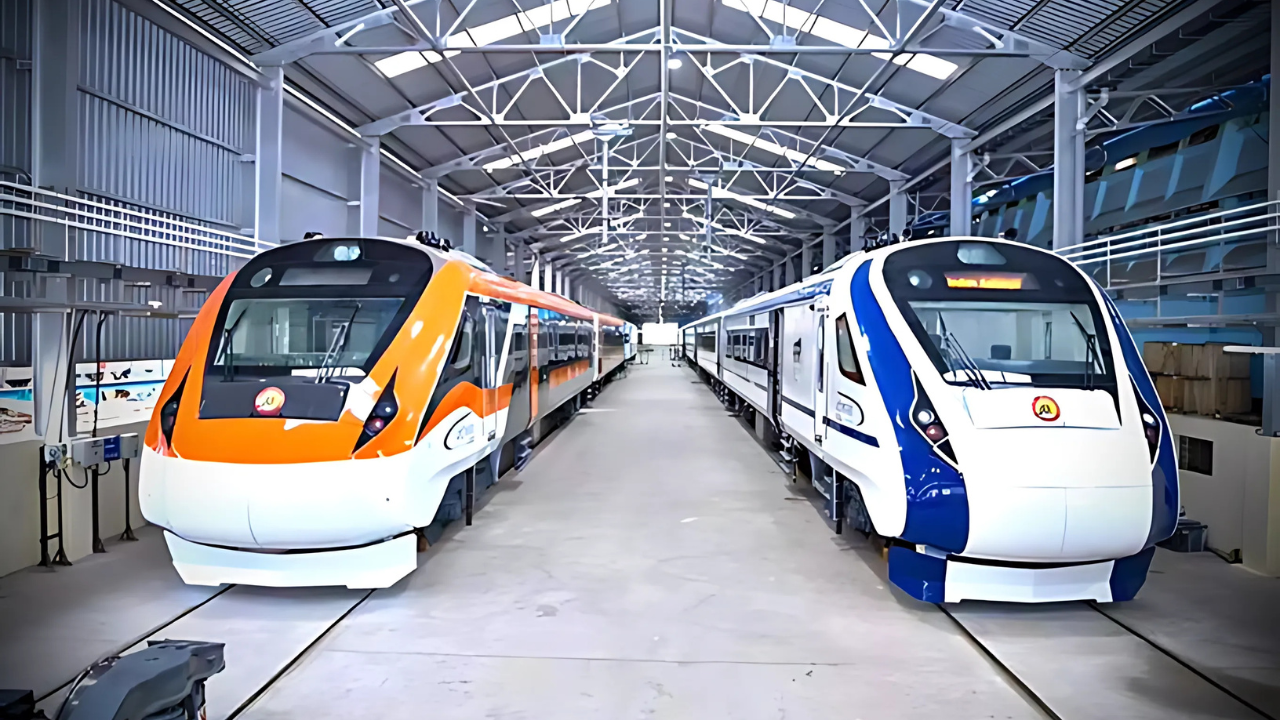




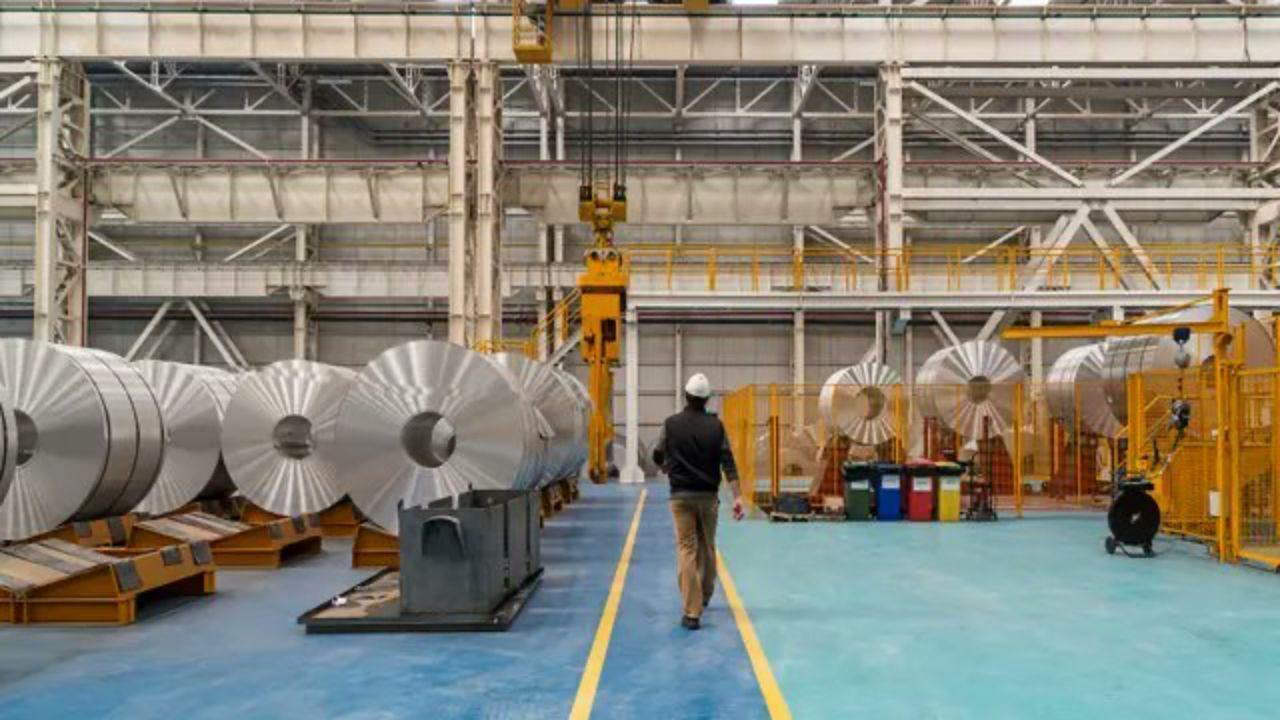
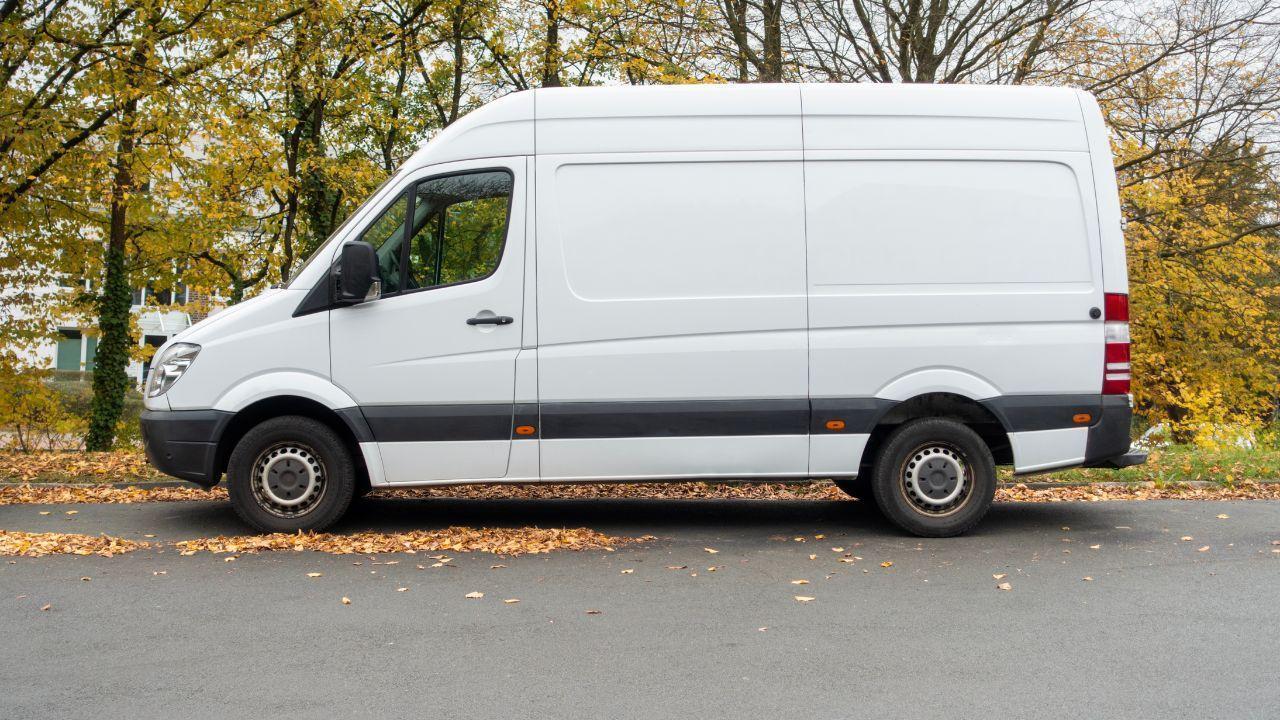
GST Overhaul Triggers Massive Road Freight Surge in India
India braces for a huge spike in road freight as the GST overhaul and festive season drive consumpti

United CEO Warns Spirit Airlines May Not Survive Financial Struggles
United Airlines CEO predicts Spirit Airlines could go out of business due to repeated bankruptcies a
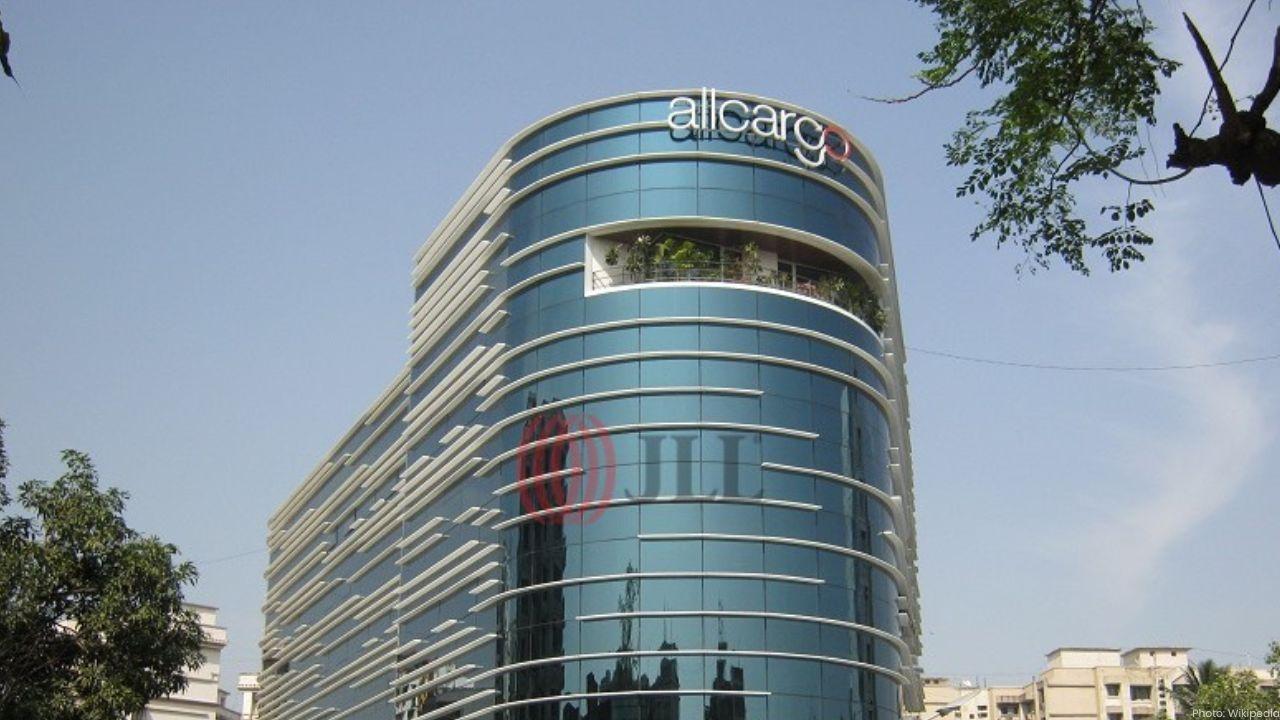
Allcargo Opens Panapakkam Logistics Park Near Chennai
Allcargo Supply Chain Launches Panapakkam Logistics Park to Boost Southern India Distribution with M

HAL Receives Third GE-404 Engine for LCA Mk1A Fighter Jet
HAL has received the third GE-404 engine from the U.S. for the LCA Mk1A fighter jet program, with an

GlobalLogic Ericsson Launch Private 5G at Hitachi Rail Plant
GlobalLogic and Ericsson have deployed a private 5G network at Hitachi Rail’s Hagerstown facility, e

Honda Cuts Bike & Scooter Prices by Up to ₹18,887
Honda lowers prices of bikes and scooters under 350cc by up to ₹18,887, making commuting more afford